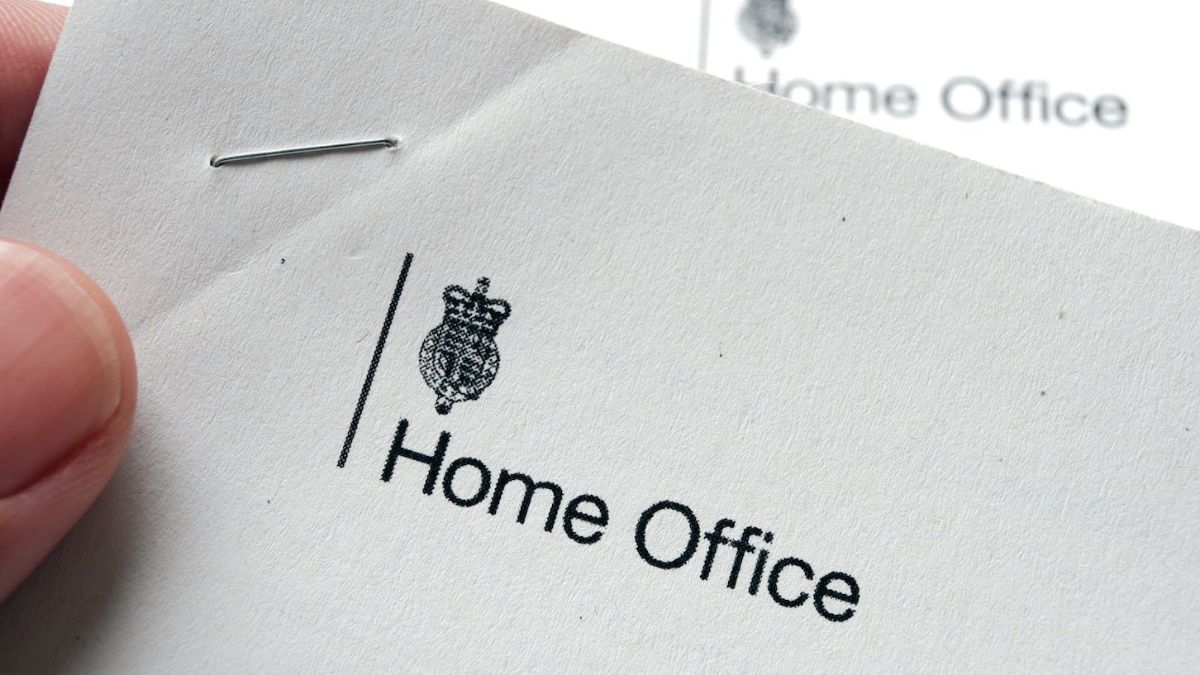Necessary Always Active
Necessary cookies are required to enable the basic features of this site, such as providing secure log-in or adjusting your consent preferences. These cookies do not store any personally identifiable data.
|
||||||
|
||||||
|
||||||
|

The British government has not backed down on its attempt to secure backdoor access to Apple customer data. According to UKTech News, the UK Home Office is yet to drop Apple encryption demands even after the U.S. government claimed it did.
Under the UK’s Investigatory Powers Act, the government can compel companies like Apple to remove encryption through a Technical Capability Notice (TCN).
A legal filing made by the British government shows the Home Office is still pursuing its demand for Apple iCloud backdoor access. Through the filing, the Home Office targets Apple’s standard iCloud services as well as its Advanced Data Protection (ADP) system. The filing contradicts recent claims made by the US that the UK had dropped the backdoor mandate for Apple encryption.
On August 19, 2025, the US Director for National Intelligence, Tulsi Gabbard, shared a post on X saying that the UK agreed to drop the backdoor demands after months of engagement.
“Over the past few months, I’ve been working closely with our partners in the UK, alongside @POTUS and @VP, to ensure Americans’ private data remains private and our Constitutional rights and civil liberties are protected. As a result, the UK has agreed to drop its mandate for Apple to provide a ‘backdoor’ that would have enabled access to the protected encrypted data of American citizens and encroached on our civil liberties,” Gabbard said in the post.
The UK’s Home Office did not confirm Gabbard’s post. However, a government spokesperson emphasized the lasting partnership between the US and the UK on security and intelligence matters, including protecting citizen privacy.
“We will continue to build on those arrangements, and we will also continue to maintain a strong security framework to ensure that we can continue to pursue terrorists and serious criminals operating in the UK. We will always take all actions necessary at the domestic level to keep UK citizens safe,” the government spokesperson said.
Apple filed a lawsuit challenging the encryption policy by the UK government in court at the beginning of 2025. The case is set for hearing early 2026. Encrypted messaging app WhatsApp, which is owned by Meta, has supported the case.
In June 2025, the Internet Society in the UK termed efforts by the Home Office to secure backdoor access to Apple’s encrypted customer data for national security purposes as illogical by a leading figure from the Internet Society.
According to the non-profit entity, there is no logic in the legal action taken by the Home Office against Apple over demands that the iPhone maker allow it access to iCloud backup data secured by Apple’s Advanced Data Protection (ADP) system.
“How can you have a robust cybersecurity policy and a robust digital economy if you’ve taken steps that mean that backing up your device actually makes your data less secure? I have a really hard time getting my head around whatever logic there might be here,” Senior Director at Internet Society Robin Wilton said.
Through the backdoor mandate, UK authorities want to access protected, encrypted data belonging to American citizens. Apple has been marketing the use of end-to-end encryption as a way of ensuring user privacy. End-to-end encryption scrambles data to prevent third party access.